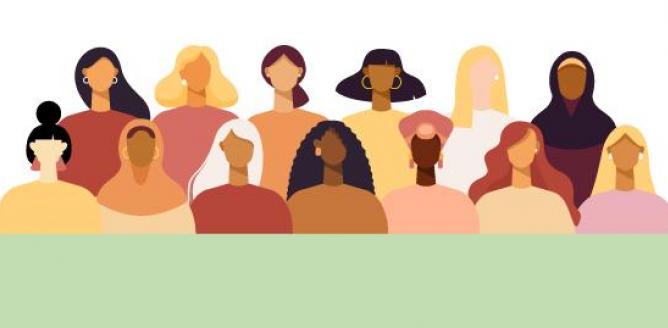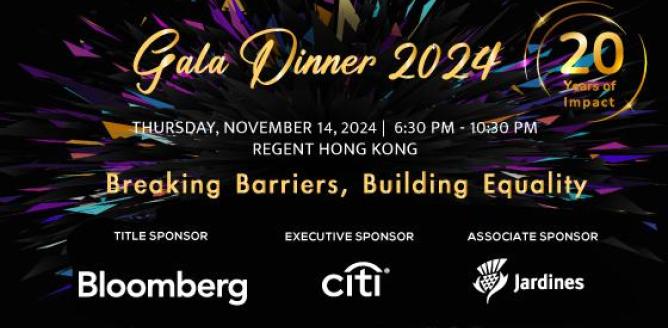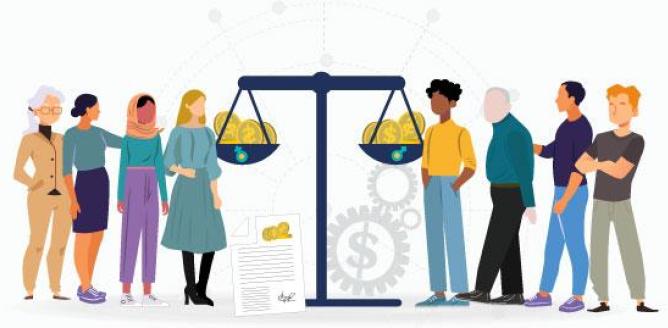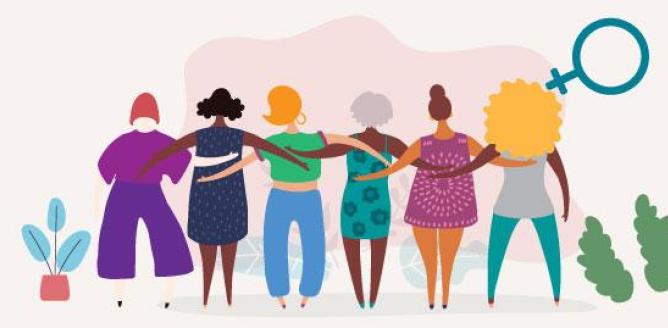“I argue that we deserve the choice to do whatever we want with our faces and bodies without being punished by an ideology that is using attitudes, economic pressure, and even legal judgments regarding women's appearance to undermine us psychologically and politically.” – Naomi Wolf, author
Socially acceptable norms around beauty continue to be shamefully touted as a fixed part of a woman’s identity.
Just last week, a Chinese company’s victim-shaming make-up removal wipe advert caused anger online, depicting a woman pursued by a would-be attacker, who scares him away by removing her make up.
Seoul city officials came under fire for guidelines advising pregnant women that household chores would help them lose weight and suggesting they buy a hairband, so that they don’t look dishevelled after giving birth.
Today, Kamala Harris will become the USA’s first female, first Black and first south Asian American Vice-President. When a popular British newspaper wrote a piece about her, it was not her trailblazing career that the paper was interested in, but her beauty routine.
In Hong Kong, we’re in the midst of TV awards season where the reporting is focused on how women look and not what they have achieved.
These are just a few of myriad examples. These standards don’t just apply to people in the public eye but impact all of us. While COVID-19 has meant the rise of athleisure wear and comfortable shoes while working from home, women still feel pressured to keep up with beauty standards over video conference calls or apologise for their lack of keeping up with them.
Numerous studies have shown the detrimental effect that unrealistic beauty standards have on mental health, with links to eating disorders, low self-esteem and curtailed ambitions. Appearance is also a significant factor in whether women are hired for a job and how they are judged on their job performance, with both those exceeding and not meeting conventional beauty standards suffering the consequences.
This is not to say men don’t face pressure about their appearance – in Mainland China alone, men’s grooming / skincare market is projected to earn US$1.9 billion this year, but the comprehensive economic, social and cultural ramifications of not being seen to meet society’s masculine ‘beauty’ standards have not yet reached the same degree.
At TWF, we are passionate about addressing the systems that perpetuate society’s harmful obsession with women’s appearance. This is why we commissioned She Objects, our award-winning documentary examining gender stereotyping in the media and subsequently rolled out our Media Literacy Programme to equip students with the tools to understand and filter these unrealistic standards. It’s why we launched #MyRealCareerLine, a campaign that addresses the objectification and discrimination of women in the workplace. It is a subject that we continue to discuss in our cross-sector advocacy and many of our programmes. It’s also an issue where we all can contribute. Whether on social media or speaking with colleagues, family and friends, call out instances of unrealistic beauty standards and promote positive portrayals of women. Together, let’s take action to change the narrative and move beyond beauty standards that are preventing women and girls from living full, confident lives.
Get in touch at Fiona.Nott@twfhk.org.





















